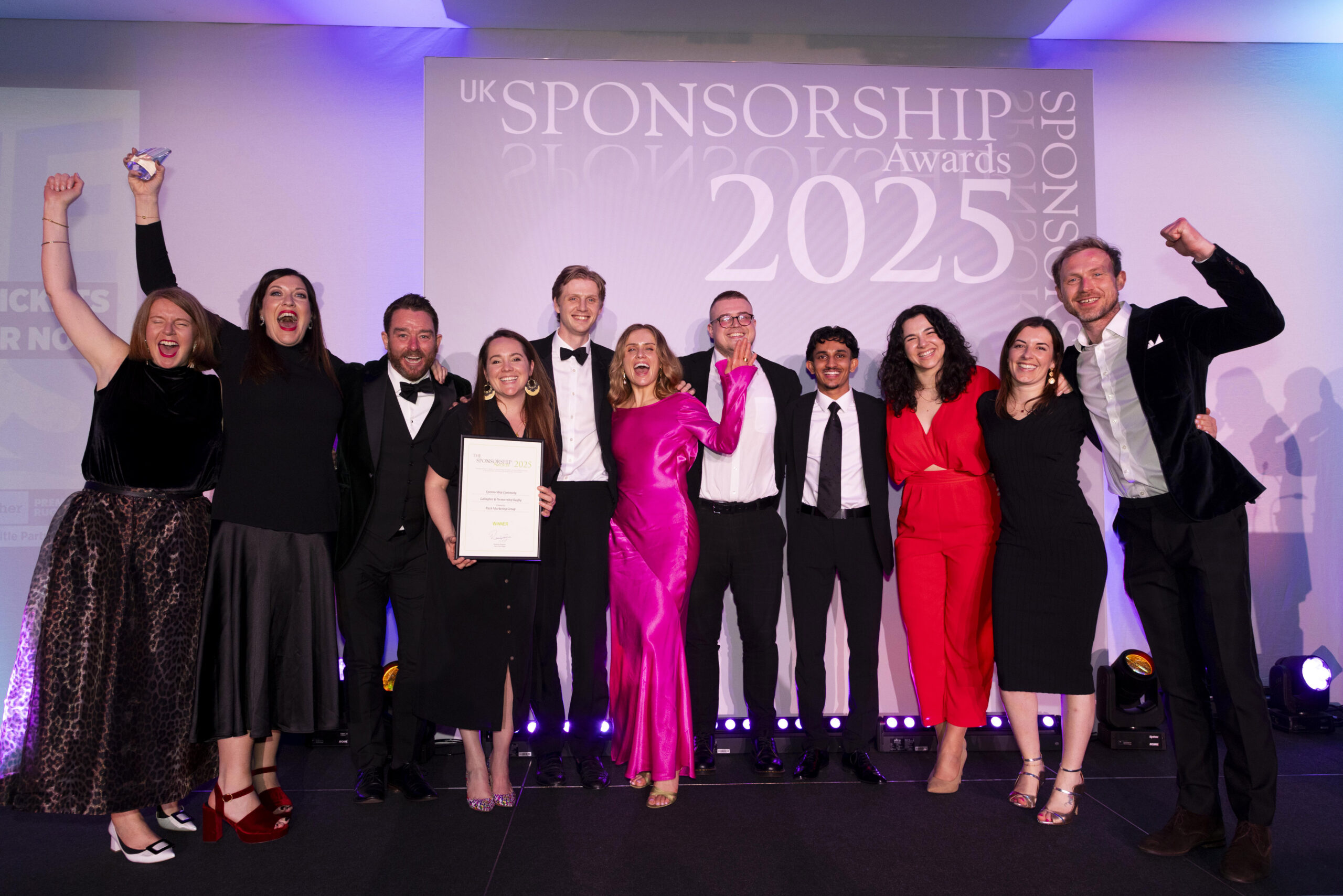Tonight the England national Women’s team, the Lionesses, take on Scotland in their opening game of the UEFA Women’s Euro 2017 in the Netherlands (hopefully you should know this by now!).
Following a set of successful tournament preparations, including a victory over world number one ranked USA, the Lionesses are hoping to go all the way in Holland and add to the success of other England teams this year. The UEFA Women’s Euro is arguably one of the biggest sporting events this summer and the Lionesses will be heading to the tournament as one of the favourites – a first in a long while.
With such an impressive and skilled national squad set to participate in a major tournament, it is crazy to think that until the 1970’s women across the UK were intentionally excluded from the football community by authorities. Thankfully there has been a seismic shift in attitudes to women and girls football since then, particularly in recent years.
There has been an incredible improvement in the female game this year alone. Record crowds attended the SSE Women’s FA Cup Final held at Wembley, the FA Women’s Super League continued to grow in popularity, 200 girl friendly SSE Wildcats Girls’ Football Clubs launched across the country and The FA detailed its plans to double participation and support of the women’s game by 2020 as part of its “Gameplan for Growth”.
However, even with so many things to shout about, the game still needs to be supported by the public and the press to continue growing and improving. Many argue that success breeds coverage, although the limited press coverage of England’s success in reaching the final of the 2009 UEFA Women’s Euros seems to disprove that belief.
Previously, and even now, female footballers have been unable to rely on media coverage to advertise the game and increase interest in the sport. Often localised community outreach programmes (that are still being rolled out now) have been the basis of building female players’ public profiles through strong engagement and public visibility. It is true that elite female footballers attending school and community football clubs shows the players to be relatable, approachable and inspiring, however solely relying on that style of engagement unfortunately cannot promote the women’s game to that of the level it deserves.
Thankfully, the broadcasting of games and tournaments alongside public relations and marketing campaigns have shown there is an appetite for the game to continue growing its fan base and its inclusion in the press.
There is a belief that England’s success at the 2015 FIFA Women’s World Cup and BBC Three’s coverage and exposure of the game altered public perceptions and created a new audience across the UK. Over 750 million people tuned in to watch the tournament, raising the profile of the sport to unprecedented levels.
The national and sport press increasing and improving coverage of the women’s game, with even dedicated women’s football writers being introduced, shows the positive waves that are being made. The inclusion of the elite women’s footballers in lifestyle and consumer press has continued to build elite players’ public profiles amongst a wider audience.
The fact that a support campaign for the Lionesses launched by Pitch involved one of the world’s biggest girl bands, Little Mix, illustrates the improvements that have been made in support of women’s football and the positive impact that can come from pairing popular culture with sport. See full video here:
The momentum created from this media exposure for the Lionesses ahead of their Euros campaign alone means we can only envisage a further positive outcome for the women’s game at all levels.
Here’s hoping that the Lionesses can go all the way this summer and help to inspire women and girls around the country! Support the Lionesses by posting your Salute video using #Lionesses on Twitter, Facebook or Instagram.






